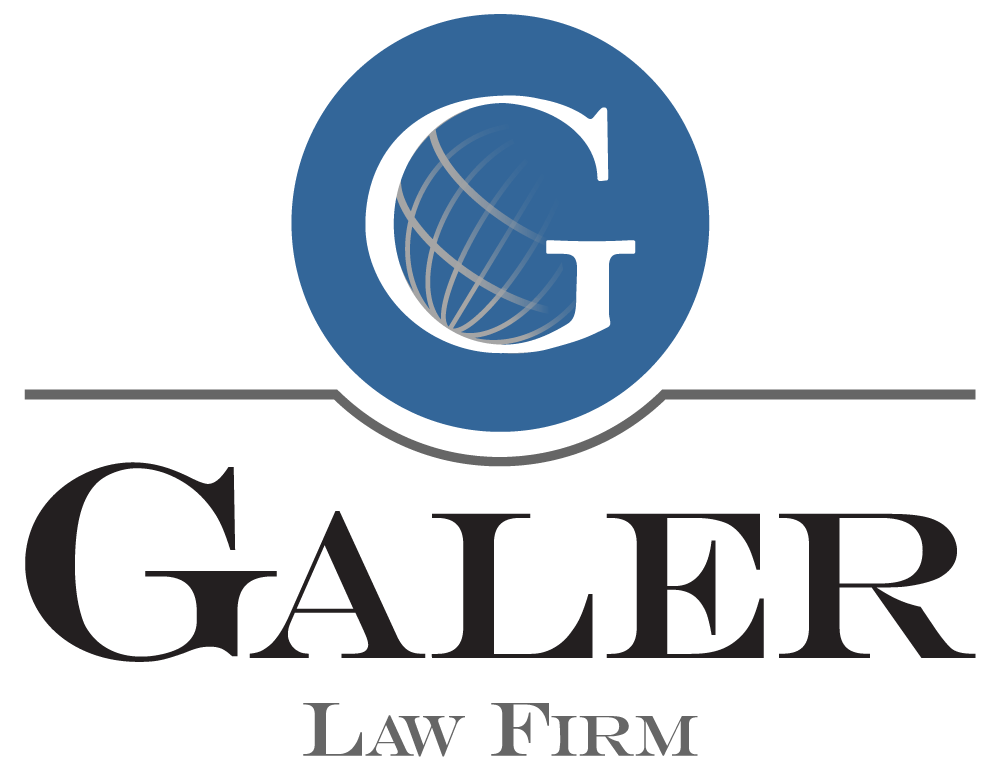EB1 Extraordinary
abilities
EB1 ExtraordinaryEB1 Capacidades
abilities
EB-1 VISA
Employment based
The first employment-based preference category (VISA EB1) is reserved for people with extraordinary abilities (EB1(a)), outstanding professors and researchers (EB1(b)), and executives and directors of multinationals (EB1(c)). These three types of immigrant petitions are good alternative employment-based options when a regular PERM labor certification process is not possible or desirable.
Extraordinary abilities (EB1(a))
This category is for those foreigners with extraordinary abilities in the science, arts, education, business, or athletics who have demonstrated sustained national or international acclaim and whose achievements have been recognized in the field. Foreign nationals who meet at least 3 of the 10 criteria below, or who provide evidence of a truly exceptional single achievement, such as a Nobel Prize, are eligible.
For this process, applicants do not have to prove that they have a job offer in the US; However, they must demonstrate that they will continue working in the field of activity.
- The criteria for the Eb-1 extraordinary ability visa include:
- Certificate of minor awards or recognitions of excellence at a national or international level;
- Membership in associations in the field that require outstanding achievements from their members;
- Published material about foreigners in major professional or trade publications or other major media outlets;
- Evidence that the foreign national has judged the work of others, either individually or on a panel;
- Evidence that the foreigner has made original contributions of a scientific, academic, artistic, sporting or business nature of great importance in the field. Evidence that the foreign national is the author of academic articles in major professional or trade publications or other major media outlets. Evidence that the foreigner’s work has been exhibited in exhibitions or artistic showcases. Playing a prominent or critical role in distinguished organizations.
- Evidence that the foreign national earns a high salary or other remuneration that is significantly high relative to others in the field.
- Evidence of commercial successes in the performing arts.
EB-1 VISA
Employment based
The first employment-based preference category (VISA EB1) is reserved for people with extraordinary abilities (EB1(a)), outstanding professors and researchers (EB1(b)), and executives and directors of multinationals (EB1(c)). These three types of immigrant petitions are good alternative employment-based options when a regular PERM labor certification process is not possible or desirable.
Extraordinary abilities (EB1(a))
This category is for those foreigners with extraordinary abilities in the science, arts, education, business, or athletics who have demonstrated sustained national or international acclaim and whose achievements have been recognized in the field. Foreign nationals who meet at least 3 of the 10 criteria below, or who provide evidence of a truly exceptional single achievement, such as a Nobel Prize, are eligible.
For this process, applicants do not have to prove that they have a job offer in the US; However, they must demonstrate that they will continue working in the field of activity.
- The criteria for the Eb-1 extraordinary ability visa include:
- Certificate of minor awards or recognitions of excellence at a national or international level;
- Membership in associations in the field that require outstanding achievements from their members;
- Published material about foreigners in major professional or trade publications or other major media outlets;
- Evidence that the foreign national has judged the work of others, either individually or on a panel;
- Evidence that the foreigner has made original contributions of a scientific, academic, artistic, sporting or business nature of great importance in the field. Evidence that the foreign national is the author of academic articles in major professional or trade publications or other major media outlets. Evidence that the foreigner’s work has been exhibited in exhibitions or artistic showcases. Playing a prominent or critical role in distinguished organizations.
- Evidence that the foreign national earns a high salary or other remuneration that is significantly high relative to others in the field.
- Evidence of commercial successes in the performing arts.
- Spouses of US citizens.
- Unmarried children under 21 years of age of US citizens.
- Orphans adopted abroad.
- Orphans who are going to be adopted in the US by US citizens.
Parents of US citizens who are at least 21 years old.
Determination of merits
USCIS has implemented a “two-part adjudication approach” for extraordinary ability immigrant and distinguished researcher or professor visa petitions.
First, USCIS must determine whether the person has met the required criteria. However, this alone is not sufficient and does not result in an approval. Even after passing the first part of the test, the individual must establish through the “final determination of merit” that he or she is extraordinary or outstanding. In the second part of the analysis, USCIS officials evaluate the entire evidence to make a final decision on the merits of whether the beneficiary, by a preponderance of the evidence, has demonstrated sustained national or international acclaim and that his or her achievements have been recognized in the field of expertise, indicating that the foreigner is one of that small percentage who has reached the top of the field of endeavor.
EB-1 visa process
The process to obtain permanent resident status (Green Card) is divided into two steps:
– Form I-140, Petition for Foreign Worker: The applicant must submit Form I-140 to USCIS along with all evidence corresponding to that specific category.
– Adjustment of Status (Form I-485) or Consular Processing (Form DS-260). Once the I-140 is approved and the priority date is current (visa availability), the applicant must file the adjustment petition in the United States or process the case at a US consulate if they live abroad. In this part of the process, USCIS evaluates the beneficiary’s immigration, criminal, and medical history. If USCIS approves this application, the applicant will officially be a legal permanent resident in the US.
Key aspects
B-1 Status
Typically, the government’s processing time for an Eb-1 extraordinary ability visa petition is about 8 months. Once the I-140 is approved, the government takes about 6 months to issue the permanent resident card.
Receive approval of your Extraordinary Capacity request through the form I-140 can take up to eight months from the time of filing with USCIS. Since this processing time may vary depending on the regional service center’s workload, you may want to consider premium processing. This service shortens the processing decision to 15 calendar days. However, there is an additional government fee for selecting this option. Please remember that this service does not increase your chances of having your request approved. It only decreases the time it takes USCIS to make a decision.
However, please note that priority dates (visa availability) are not always up to date.
TAKE THE FIRST STEP
Don't postpone your dreams
We support your process of moving to the United States with the appropriate type of visa for your profile. (E1, E2, EB-2, F1, among others)
Dé el primer paso
No aplace sus sueños
Apoyamos su proceso de traslado a Estados Unidos con el tipo de visado adecuado con su perfil. (B1, B2, E1, E2, E3, F1, entre otras)

